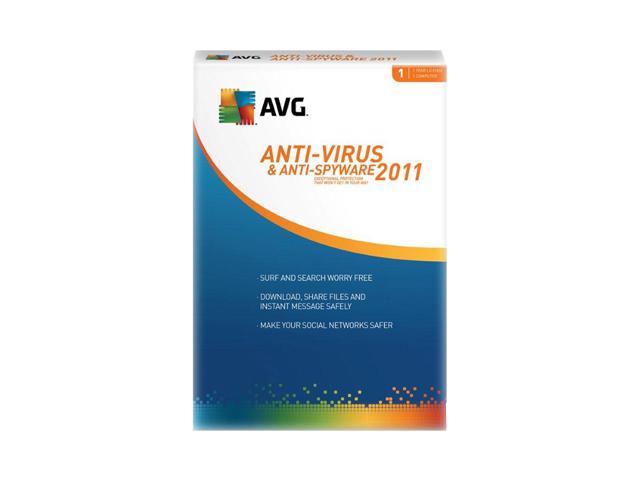

This can affect even large, trustworthy sites, so your best solution is simply to block all the ads.īut while these steps can reduce the risk of getting infected, nothing except a powerful antivirus will actually keep you 100% safe when you connect to the internet. Get an adblocker: Malvertising is when hackers infect a banner ad, which can then transmit malware onto your computer even if you don’t click on it. Not only can this help you avoid malware, it could also save you from a phishing attack. Pay close attention to the URL to make sure nothing is misspelled, and confirm that you’re on an HTTPS site. Pay close attention: Make sure the websites you’re on are legitimate.
#Avg anti spyware free download download
If you aren’t 100% sure what the file is, don’t download it. If you follow some simple best practices when you browse online, you’ll greatly reduce the chance of downloading any kind of malware, spyware included:ĭon’t trust everything online: The hacker’s favorite trick is to make a fake website, pop-up, or email (in fact, about 92% of malware comes from emails!) to try to dupe you into downloading a mysterious or misleading file. There’s no easy way to do this manually, but most advanced antivirus products like AVG AntiVirus FREE will help you remove spyware (as well as other kinds of malware!) as part of their general anti-malware tools. If you find any unusual applications on your PC, you should proceed with spyware removal. If you spot any of these issues, there’s a good chance you’ve also got spyware on your system. Unexpected toolbars, search engines, or home screens: are these suddenly on your computer, but you didn’t download them? Pop-ups: are you getting tons of pop-ups, even when you’re not browsing the web?

Slowdowns: is your device all of sudden running unusually slowly? “Luckily”, hackers almost always bundle spyware with other kinds of Trojans and adware, so an easy way to check for spyware is by looking for other symptoms of an infected computer: If spyware only spied on what you were doing, it you’d likely never even notice it was there. How do I detect and remove spyware on my computer? Trojan.Zlob: as well as spying on you, Trojan.Zlob also delivered pop-up ads and messed with your PC’s controls so it would be almost impossible to use.
#Avg anti spyware free download Pc
Look2Me: as if spying on you wasn’t bad enough, Look2Me also made your PC open in safe mode every time you turned it on, which made it even harder to detect. Even worse, you could download it straight from Google Play! GO Keyboard: an app that spied on consumers and stole countless bits of personal data. Here are a few examples.įinFisher: spyware that was designed to be used by law enforcement agencies, but has slipped into the clutches of criminals. What types of spyware are out there?įrom keyloggers to tracking cookies, spyware comes in all shapes and sizes. Slow down your device: Sometimes, the only telltale sign that you’re infected with spyware will be the parasitic way it steals processing power and internet bandwidth to communicate what it has stolen. Take control of your computer: Some forms of Trojan spyware will make changes to your security settings to allow remote control over your device. But more nefarious forms of tracking also exist. Track online activities: Some tracking cookies can arguably be considered spyware, in the sense that they track your movements online and report what you visit to advertisers so they can serve you more targeted information. Record your keystrokes: Called keyloggers, this kind of spyware spies on everything you type and is used to collect credit card numbers, usernames and passwords, and other communications. Spyware takes on many different shapes and serves many different purposes. When they do that, it is often called “govware” or “policeware”.
:max_bytes(150000):strip_icc()/avg-antivirus-android-app-047a0ae08dba4d5f9243673fef1a09b9.png)
Governments use it to collect as much information as possible on you. Advertisers use it to figure out your online habits and serve you more relevant ads. What can spyware do? Criminal organizations use spyware to collect financial information such as online banking accounts and passwords or credit card data.


 0 kommentar(er)
0 kommentar(er)
